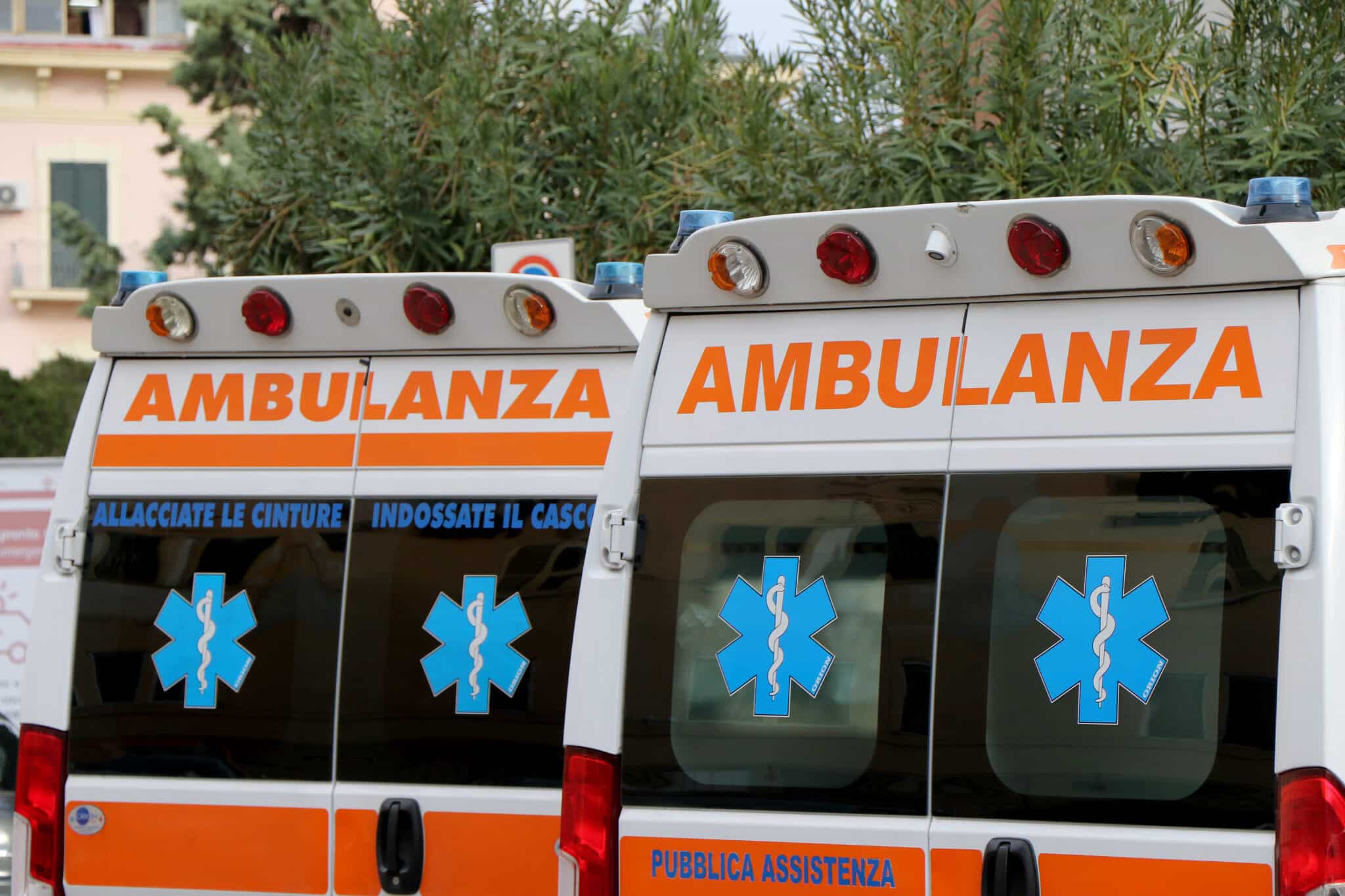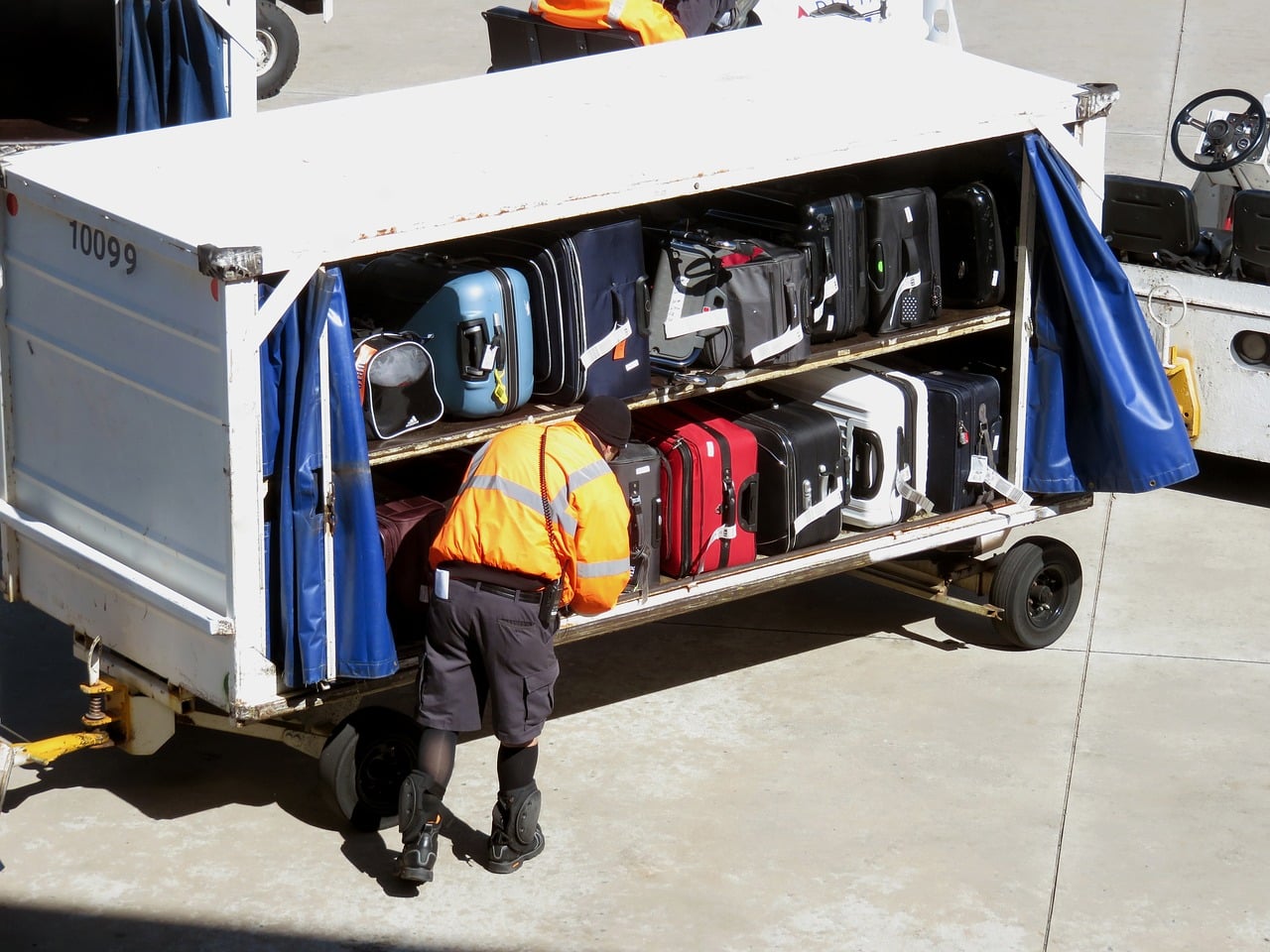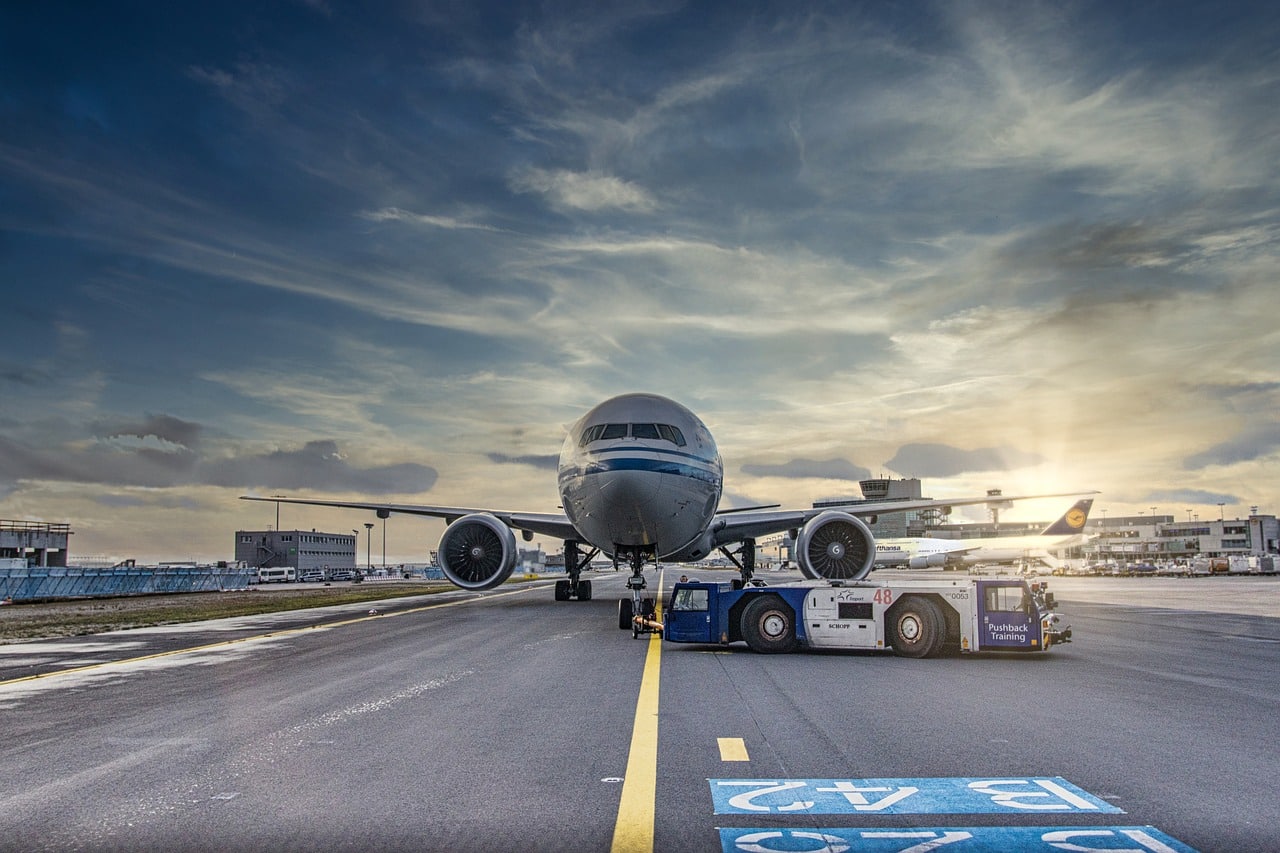Planning Solo Travel
Solo traveling is unique in that you get to experience a destination on your own, but this also means all the planning is up to you.
“[There’s] no compromising on where you go, what you eat or what other people find interesting,” said Dr. Kristin Lamoureux. “If you have a deep passion for studying the history of ancient dung beetles in Mexico, no one is going to argue with you.”
To help you get started with your solo trip, we compiled a list of items to consider as you plan and book your travel arrangements.
- Choose your adventure: Your solo trip is what you make it, and you get to decide exactly what you do. The biggest advantage of solo traveling is freedom, so choose the activities that align with your interests and travel to the destinations you want to explore. Dr. Wan Yang also recommends solo travelers do something they might not normally experience elsewhere. You might try a local dish, hike a mountain or go ziplining in the jungle.
- Pick your destination: As you plan your first solo trip, carefully consider your budget, timeline, comfortability with a new language, how you will get around and what activities you can do. First-timers may want to start with a solo weekend trip to get used to traveling alone, whereas more experienced travelers may consider a trip abroad to Europe, for example.
- Create a budget: As with any type of travel, it is important to decide how much money you want to spend. Your budget should include the base cost of travel plus money for food, lodging, activities and spending cash. You can also consider purchasing travel insurance to cover unexpected trip cancellations and emergency medical bills abroad.
- Check reviews before booking: Checking online reviews can help you choose safe lodging. Before you book a hotel, hostel or other type of housing, read online reviews from fellow travelers. You can use platforms like Expedia or Google Reviews to assess past customer experiences at a given location.
- Consider staying in hostels: If you’re looking for a way to save money and meet other solo travelers, consider staying in a hostel. At a hostel, you have the option to room with other travelers, attend social events and stay in central locations. Some hostels also offer private rooms if you prefer privacy.
- Consider necessary documentation and luggage: Make sure you have any necessary documentation settled before you take off, such as your passport and required visas. While the amount of luggage you bring will depend on your trip and personal preferences, keep in mind that only you can transport items between destinations. If you want to pack ultralight and live out of just one bag for ease of access, you can take Professor Scott Rood’s advice and enjoy the freedom of backpacking.
- Make a flexible plan: While some travelers prefer to make plans on the go, others may want a general itinerary. You can make a goal for when you plan to wake up and research a few popular activities to do each day. As for the rest of the time, you can talk to locals and other travelers for recommendations. Even if a day doesn’t turn out exactly as you planned it, remember this is an opportunity for adventure. James Petrick advises that solo travel can not only provide a sense of accomplishment but also an opportunity to flex your time management and problem solving skills.
- Consider travel insurance: Accidents happen, and it’s stressful to deal with unexpected events when you’re on your own. “Travel insurance is always something to consider before embarking,” recommends Professor Scott Rood. With medical travel insurance specifically, you can add financial protection in the event of a health emergency abroad.
Safety Tips While Traveling Alone
While a solo trip offers the opportunity to reconnect with yourself, it is important to consider safety. Dr. Lamoureux encourages solo travelers to “be spontaneous but not naive,” meaning try and step out of your comfort zone but never compromise your safety in the process.
- Familiarize yourself with local customs and laws: When you travel abroad, it is important to familiarize yourself with the local culture and customs. Before your solo trip, research local laws, what to wear, body language and any other tips to know. You can look up tips on the internet, ask questions on social media or talk to fellow travelers who have already visited that location.
- Protect your personal belongings: As with any travel, make sure you secure your belongings and valuables while out exploring. To prevent someone from stealing your personal belongings, keep important items such as your phone and money in your front pocket, a bag across your waist or a concealed money belt. You can also store items in your hotel room or safe while out, and use luggage locks on your backpack and larger bags.
- Learn important lingo: If you plan to visit a destination where people speak a different language, Petrick recommends learning important phrases in their language. It can help to know basic questions and local slang before you go. Knowing at least a few basic phrases in the local language can help you in a pinch — say you need to find a bathroom or the train station. You can also use a translation app, such as Google Translate, but may not always have access if WiFi is required for use.
- Ask for recommendations: One of the best ways to explore a new destination is to immerse yourself in the culture. For example, you can ask the locals where they like to eat, what they like to do and what to see while you’re there. You can ask your taxi driver or hotel staff for recommendations. However, continue to be aware of your surroundings and check lesser-known recommended spots online before you go.
- Share your location: Even though you’re traveling alone, it can offer peace of mind if someone else knows where you are. Petrick recommends sharing your location and travel plans with at least one friend or family member so that if something happens, someone knows where to look for you. To do this, you can share your location on your phone, use “find a friend” apps or plan daily check-ins.
- Know your surroundings: If you plan to travel abroad or to a remote area, you can download a map of your location to keep on your phone at all times. Having a map can help you familiarize yourself with your surroundings, especially if you are not comfortable speaking the local language. If you prefer apps like Google Maps and want to use your phone abroad, check with your phone carrier about international data plans before you leave. Depending on where you travel, you can also try and find WiFi at a local library or coffee shop.
- Pack a first-aid kit: Lastly, consider having a first-aid kit on hand that includes basic items such as bandaids, pain medication and any prescriptions you need.
Embracing the Solo Travel Experience
Solo travel allows you to “sit and watch the world go by,” said Dr. Lamoureux. “You can sit back, hone your people-watching skills and enjoy the scene around you, which is why people travel to begin with.” It might seem daunting to book a solo trip, but doing so can offer a worthwhile experience. Here are a few tips to help you make the most out of solo traveling.
- Keep an open mind: A unique aspect of solo traveling is that you are only responsible for yourself — there is no one else you need to account for. Only you decide what you want to do and when, so take that time to step out of your comfort zone and try new things. You might take a day to try local cuisine, explore a foreign city or take a chance on a new experience.
- Make connections: Solo trips are certainly about exploring the world and finding yourself in the process, but that’s not to say it doesn’t get lonely at times. There are plenty of ways to meet fellow solo travelers and build connections. You can stay in a hostel, eat your meals at a restaurant, go on group tours or make an effort to start conversations with strangers. However, for safety purposes, exert a sense of caution when befriending new people and keep details to a minimum if asked about where you are staying or going next.
- Consider group tours: Group tours offer a way to explore your destination and meet new people. From food and wine tours to free walking tours, you can find an option that piques your interest and helps you meet like-minded people in the process.
- Immerse yourself in the destination: While you may want to immediately visit famous sites, there are also ways to experience your destination as authentically as possible. To find non-touristy experiences, you can check local libraries, coffee house bulletin boards and community social media groups. Local tourism office webpages are also a good resource, and if you are staying at a hostel, you can ask the front desk or fellow travelers about other activities.
- Look for people with shared interests: If you want company on parts of your solo trip, you can find interest groups online or through your hotel or hostel. Check out Facebook, MeetUp or other social media platforms to find other solo travelers planning a trip to the same destination.
Special Considerations for Travelers
People should have the opportunity to see the world as solo travelers regardless of age, ability, or gender identity. If your goal is to travel solo, consider the following tips.
Travel Tips for Women
For solo women travelers, safety is incredibly important. Unless it’s with a person you know and trust, exert caution when letting others know you’re a solo traveler. You might wear a fake wedding ring to ward off unwanted attention or carry a self-defense keychain or pepper spray for sticky situations. You can also connect with other female travelers either through your hostel or online groups.
If you go out on the town, Dr. Kristin Lamoureux recommends staying cognizant about drinking and making sure you always have a safe way to get back to your hotel or hostel. Never leave your drink unattended, and cover the top with a coaster when you are not drinking from it. She also recommends staying confident and acting as if you know what you are doing, even if you feel otherwise.
Travel Tips for Seniors
While some senior travelers may prefer to route their own adventure, others may find it easier to use an agency. Many resorts and cruises offer packages that include lodging, food, transportation and even activities for senior travelers, which can make planning easier. Travel agents can also offer help by planning your entire trip — so all you have to do is go.
Before you go, consult your doctor to make sure your health insurance covers you abroad and get travel tips based on any pre-existing medical conditions you have. If you do not have health coverage while traveling, consider purchasing senior travel insurance for financial protection should you get sick and need emergency medical assistance. If you have medication, always pack extra just in case you get delayed or decide to extend your trip.
Travel Tips for Students
With summers off and breaks in between semesters, students have an ideal time frame to plan a solo trip. However, if money is a factor for you as a student, we recommend you create a realistic budget and stick to it by staying at hostels, buying food from local grocery stores and using public transportation.
You can also capitalize on opportunities to take classes abroad. Studying abroad offers the opportunity to spend months in another country while immersing yourself in the culture, learning a new language and gaining the confidence to continue to travel solo. Many travel insurance companies offer coverage specifically for college students, whether you are planning a quick trip or staying for a semester.
Travel Tips for People with Disabilities
While your disability does not have to prevent you from exploring the world, you may need to make some arrangements ahead of time. Transportation and hotels should have accessible accommodations, but you often have to book in advance. Instead of booking everything online, we recommend you call the hotel, airline and busing staff to make sure you get the accommodations you need.
If you require medical equipment, such as oxygen, call ahead and let your airline know. It’s also a good idea to wear medical identification tags and translate any medical needs into the primary language of your destination. If you have a service animal, research each country’s corresponding laws and airline regulations.
The Bottom Line
Solo travel offers a way to explore the world on your own, creating new opportunities for growth and discovery. As you get ready to embark on your next trip, remember to stay safe, plan wisely and above all, enjoy the ride. By using tips from our experts, and considering a travel insurance policy, you can better prepare for your adventure — whether it is your first or even 100th solo trip.
Our Experts
- James Petrick researches applying marketing and psychology principles to understand tourists’ purchase behaviors and how to market to them, as well as examining the physiological effects travel has. His Tourism Marketing Lab at Texas A&M University currently consists of 12 students and has been awarded over $3 million in research grants in the past 20 years.
- Scott Rood began teaching full-time at Grand Valley State University in Michigan in 2005 after having been an adjunct instructor there and at three other institutions. He holds bachelor’s and master’s degrees and has completed additional graduate coursework. His entrepreneurial experience includes holding general manager, owner and president roles in commercial recreation and business sectors. He has public sector experience with regulation and destination marketing organizations.
- Dr. Kristin Lamoureux is an accomplished hospitality and tourism educator with over 25 years of experience as a teacher, researcher and practitioner. She serves as a collegiate associate professor of tourism and hospitality at Virginia Tech. Previously, she was associate dean at New York University’s hospitality school and executive director of the International Institute of Tourism Studies at George Washington University. She has a track record of engaging industry and fostering collaboration.
- Dr. Wan Yang is an associate professor in the Collins College of Hospitality Management at Cal Poly Pomona. Before joining Cal Poly Pomona, she taught at the University of South Florida Sarasota-Manatee as an assistant professor and graduate program coordinator. Dr. Yang was born and raised in Beijing, China. She earned a Bachelor of Business Administration in Tourism Management from Fudan University. After graduating from college, Dr. Yang came to the U.S. and obtained a Master of Science in Hospitality and Tourism Management from the Isenberg School of Management, University of Massachusetts Amherst.
If you have questions about this page, please reach out to our editors at editors@marketwatchguides.com.











